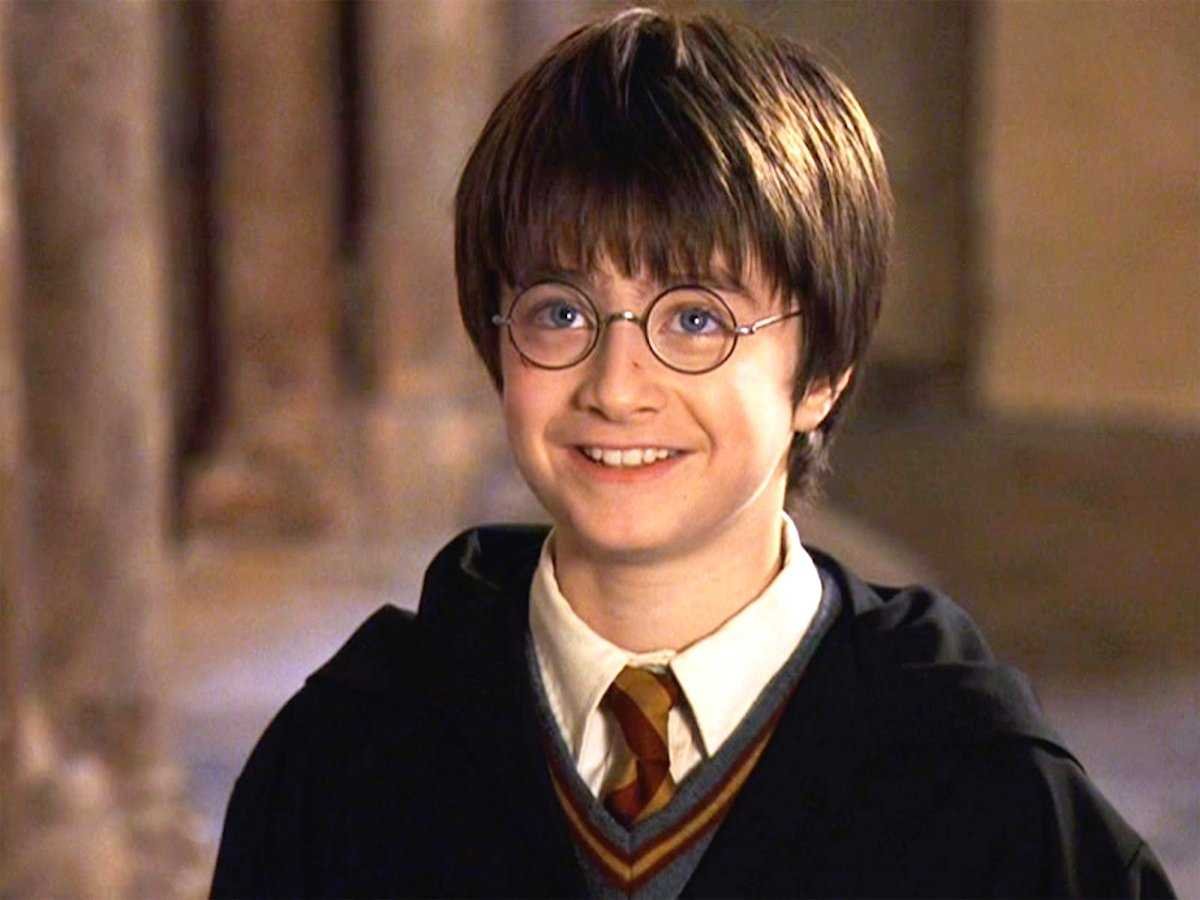Recently, Jamin Schneider contributed an article to Storyfloat about the Transmedia Case Harry Potter. May it be film, books, merchandising or games – “Harry Potter” is the perfect example of a transmedia storytelling and a commercial exploitation regime by the author and his chosen intermediaries close to perfection.

But besides that commercial exploitation, while the virtual character “Harry Potter” gained fame his fan community increased. And with that increase another aspect of transmedia came into focus: the one of fanfiction. Fanfiction is when someone takes the story or the characters or both of them of an existing work of authorship to enrich the story and keep it growing over time. Fanfiction mostly addresses questions of “What if?” or “What next?” for example “What happens after the last chapter?” or “Will Harry Potter’s marriage to Ginny Weasley last and will they be living happily ever after with their three children?”.
One could now argue that fandom has a positive impact on the level of awareness and popularity rating of the original story. Therefore most authors do not take offense of the fact that fans produce derivative works based on their original works. Furthermore the example of 50 Shades of Grey shows that fan fiction can serve as an inspiring source of new creative stories: the famous erotic novel by E. L. James started as fan fiction of Stephanie Meyers Twilight series.
But the legal disputes over the Harry Potter series demonstrate that copyright owners can also take a more hostile approach towards fanfiction: Ms. Rowling and Warner Bros. alleged violation of her copyright respectively their film and merchandising rights in a number of claims, for example against Harry Potter fan web sites demanding the domain names to be abandoned or against RDR Books for publishing a free online guide to the fictional universe of Harry Potter.
Thus the question arises whether fanfiction constitutes a violation of copyright. Under the U.S. Copyright Act of 1976 as well as under the German Copyright Act (Urhebergesetz (UrhG)), a copyright owner has – among other rights – the exclusive right to reproduce, adapt, distribute, perform and display his work. Thus any infringement upon the right of a copyright owner without his permission constitutes a violation of his copyright. But there are exceptions to that basic rule: If the derivative work of a fan constitutes fair use in the meaning of § 24 UrhG or under the “fair use doctrine of US copyright law, there is no copyright violation.
Under German law, the courts apply fair use when the derivative work constitutes an independent work, (1) for which the original only served as an inspiration and when the individual characteristics of the original work “fade” or (2) if the derivative works constitutes satire. Under US law the fair use doctrine looks to (i) the purpose and character of the use, including whether such use is of a commercial nature; (ii) the nature of the copyrighted work; (iii) the amount and substantiality of the portion used in relation to the copyrighted work as a whole; and (iv) the effect of the use upon the potential market for or value of the copyrighted work. In the end, both approaches reach amazingly similar results.
Another exception under the German Copyright Act is the right to quote (§ 51 UrhG). As long as the quote is reasonably short, cites the author and – most importantly – is not used in an ornamental way but rather serves as the basis of an intellectual exchange of arguments, it may be admissible. Besides copyright law fandom has to comply with regulations of trademark law along with rights regarding one own’s image and other personal rights of for example the actor Daniel Radcliffe. Fans cannot take or use pictures of Daniel Radcliffe without asking for his permission.
The foregoing demonstrates that the copyright owner owns the story. Only under certain circumstances (fair use, right to quote), fanfiction is legally admissible without the consent of the author. In fact it depends on the author if he is actually enforcing his rights and prosecuting offenders of his copyright. The case of J.K. Rowling shows that it depends on the circumstances: On the one hand, J.K. Rowling has been saying that she was “flattered that people wanted to write their own stories” based on her characters and thus was giving them her blessing. On the other hand, she prosecuted specific works because of copyright violation – having the law on her side.
Dr. Ralph Oliver Graef, LL.M. (New York University) is Managing Partner and founder of the media law firm GRAEF Rechtsanwälte. He is qualified as a certified specialist for copyright- and media law as well as a certified specialist for intellectual property law and also admitted as Attorney-at-law to the New York Bar, USA.
He serves as an arbitrator of the Independent Film & Television Alliance, L.A. (IFTA), the global trade association of the independent motion picture and television industry. He graduated in law from the University of Freiburg (Germany) 1993 and Cambridge University, St. Catharine’s College (England) 1994. Thereafter he took his Doctor of Science of Law (J.S.D.) at the University of Freiburg (Germany) 1995 and a Master of Laws (LL.M.) at New York University (USA) 1998.













No Comments